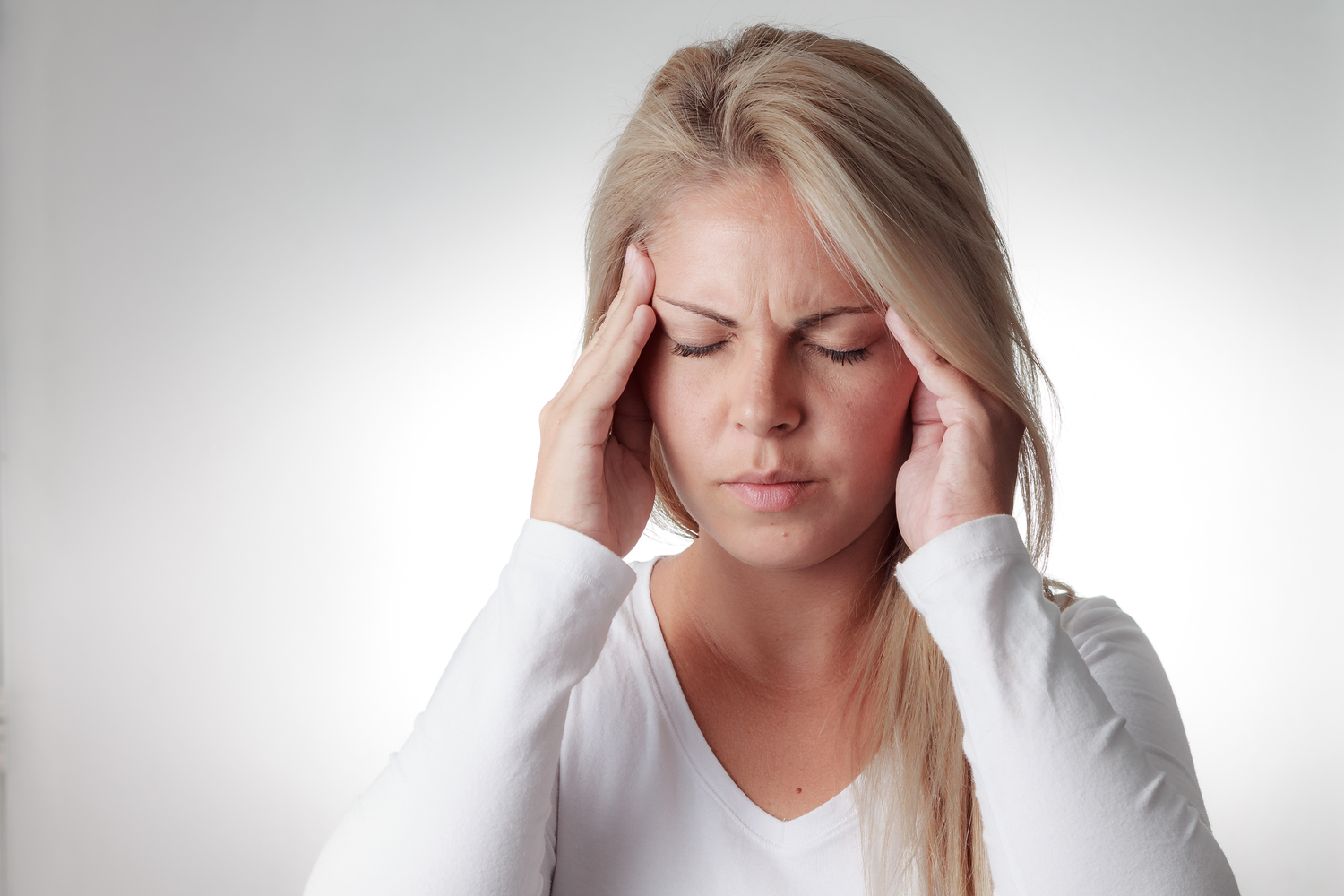
Treatment and prevention of meningitis
Meningitis is a condition where the protective membranes of the brain and spinal cord get inflamed, mostly due to an infection. This condition is treated based on the cause and severity of the inflammation. The main focus of the treatment is to reduce swelling around the brain and provide comfort to the patient. Antibiotics will be used if meningitis is caused by a bacterial infection, and antiviral medications may be prescribed if the cause is a viral infection. The strength of medication is altered according to the severity of the condition. These medicines help in reducing inflammation and fluid build-up in the brain. Here are the treatments for meningitis:
- Antiviral medicines: Usually, viral meningitis gets better on its own without any specific treatment, but depending on symptoms, the physician may prescribe antiviral medication.
- Antibiotics: In cases of bacteria-caused meningitis, oral or intravenous antibiotics will be prescribed to fight bacterial infections. The type of antibiotic prescribed would be based on the type of bacteria, the medical history of the patient, and symptoms.
- Diuretics: The fluid build-up in the brain can be decreased with the help of diuretics prescribed by a physician.
- Steroids: When the inflammation in the brain is severe enough to cause harm, steroids are prescribed in the form of intravenous or oral medicines.
- Vaccinations: The most effective way to prevent infectious meningitis is through vaccinations. To prevent meningitis and meningitis-related death, meningococcal vaccine, Haemophilus influenzae type b vaccine, and pneumococcal conjugate vaccines are given.
- Non-steroidal anti-inflammatory drugs (NSAIDs): NSAIDs including ibuprofen and naproxen help to relieve pain and have anti-inflammatory effects.
Simple remedies and lifestyle changes to manage meningitis
Home remedies focus on comfort, nutrition, and staying hydrated during the recovery period. People recovering from meningitis may experience discomfort for days on end. To feel comfortable and get relief from pain, one could use:
- Ice packs: Ice packs give relief when placed on or near the head, neck, or shoulders.
- Neck support: Soft neck support aids or pillows could relieve neck pain and help in maintaining a comfortable head position.
- Heat pads: In cases where one experiences muscle spasms in the neck and shoulders caused by persistent head and neck pain, heat pads are used to get relief.
- Adequate nutrition: Eating nutritious food during the recovery period helps individuals get back to normal soon. Staying hydrated is also important. Though diet does not cure meningitis, it helps in recovery once the infection is treated.
- Rest: It is vital to get enough rest so that the body can heal from the infection or inflammation.
Prevention of meningitis
To prevent the risk of meningitis and reduce the chances of contracting it, one can take some practical medical approaches. Vaccinations are the best way to prevent and protect a person from the most common causes of meningitis.
As meningitis is an infectious disease, good hygiene and avoiding sharing items with someone who has meningitis is also important. The infection spreads by coughing, sneezing, kissing, and touching objects that are contaminated. It may be impossible to avoid contaminated fluids, but it is best to avoid whenever possible.


